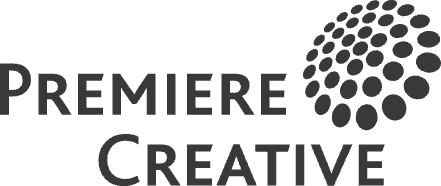Your reports are not missing! With its latest upgrade, Facebook has eliminated the reports link in Ads Manager and turned the entire management feature into a custom ad report. Whether you manage one ad account or do so for multiple businesses, the new Ads Manager makes it easier for you to review performance data and adjust your advertising campaigns by locating these functions closer and changing the default view.
While custom ad reports always provided valuable information, many users were not taking advantage of the ability to review metrics and evaluate performance data. Now Facebook puts this information front and center, eliminating the need for advertisers to seek it out. The upgrade underscores the social network’s commitment to helping account owners drive business objectives through digital marketing, and it is an attempt to get a competitive edge over Google as it seeks a bigger share of advertising dollars. Sure the new Ads Manager can help you optimize campaigns more easily, but it also draws attention to the ongoing consideration of where to advertise on the web.
Understanding Facebook’s Ad Manager
While Google’s reach makes it highly attractive to advertisers, there are advantages to including Facebook in your approach. With the extensive information it collects on users, the social platform allows advertisers to target messages based on much more than demographics. Interests, behaviors, and even data collected by Facebook partners can be used to narrow your target group and increase conversions. One of the main distinctions from Google is that users of the social network see ads based on their interests. When you want to send a message to fans of a particular movie or band, you can access the distinct targeting capabilities that Facebook offers, with its knowledge of users’ likes.
How wide to cast the net is based on whether you want to focus on a small audience that is likely to convert or a larger group with which to build brand awareness. A store with one or a few locations may want to target its message to locals whose interests are closely related to what it sells, while a larger audience may be helpful for a small business seeking to learn more about who will be the best target ultimately. The ability to monitor engagements can help such a business to find its ideal audience.
Final Thoughts on Facebook’s New Ad Manager
For most businesses, it is wise to include both platforms in your web marketing strategy and to take user intent into consideration. Facebook users don’t have to be searching for your type of service to see your ad, and your target audience can be interest-based. The impressions tend to be high, and in the context of social media usage, ads placed here are well suited to branding efforts. In contrast, Google searchers are on a mission, and you can target them based on where they are in the buying process (research stage or ready to buy) since they will see your ads based on relevance to their search terms. With the possibilities of applying user intent, highly targeted audiences, massive reach, and branding potential, it’s clear to see why so many advertisers are using both platforms. If you would like to know more on the new Facebook Ads manager, contact us at Premiere Creative or give us a call at (973) 346-8100. Make sure to subscribe to our blog for more helpful tips about new Facebook marketing features.

